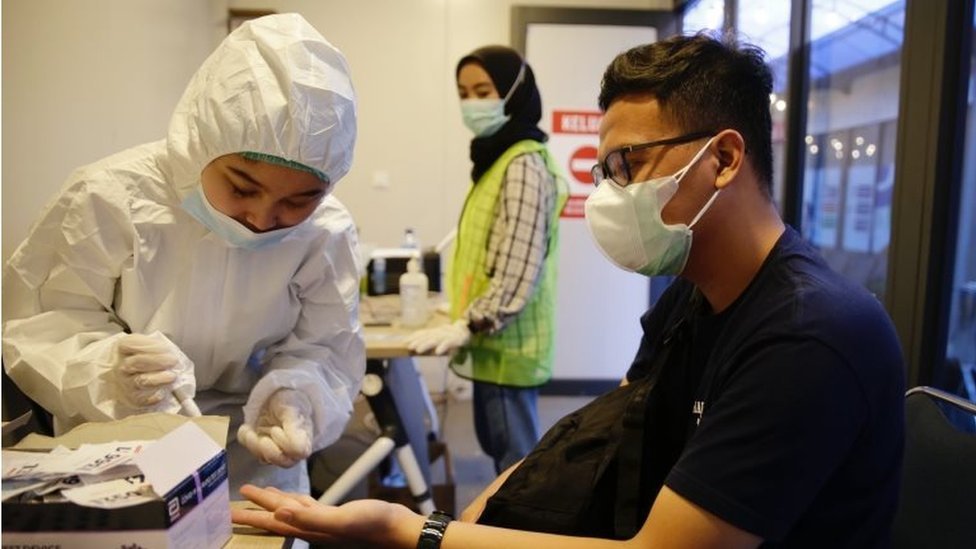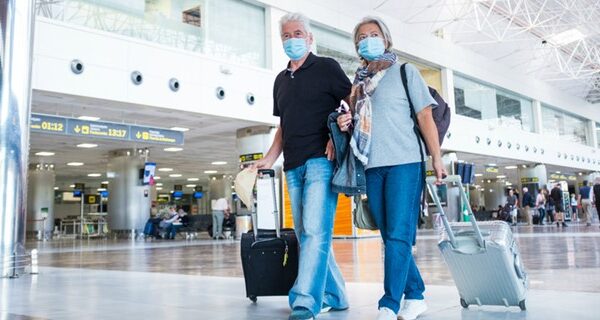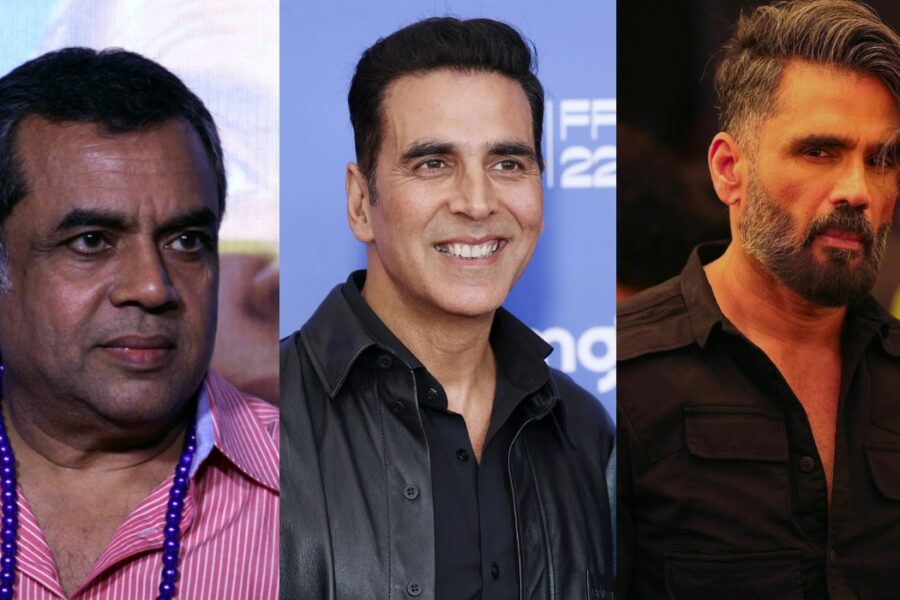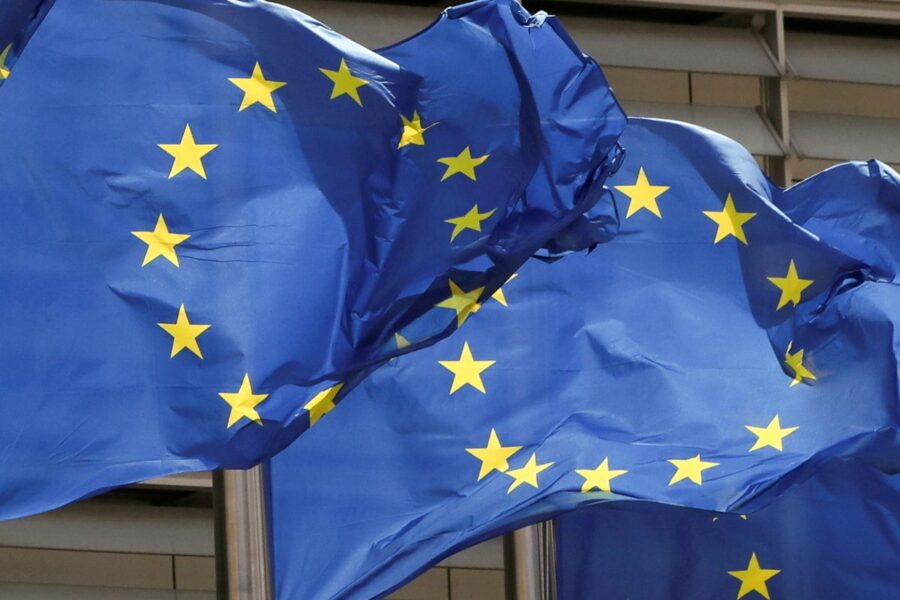SOURCE: BBC
Indonesia has rolled out a mass free Covid-19 vaccination programme in an attempt to stop the spread of the virus and get its economy going again.
But the country is taking a markedly different approach to others. Instead of vaccinating elderly people in the first phase, after frontline workers, it will target younger working people aged 18 to 59.
President Joko Widodo, 59, was the first person in the country to receive the vaccine shot on Wednesday. Vice-President Ma’ruf Amin, 77, will not get the jab early as he is too old.
Why target young working adults?
Professor Amin Soebandrio, who has advised the government on its “youth first” strategy, argues that it makes sense to prioritise immunising working people – those “who go out of the house and all over the place and then at night come back home to their families”.
“We are targeting those that are likely to spread the virus,” he told BBC Indonesia.
He argues this approach will give the country the best chance of achieving herd immunity, something that occurs when a large portion of a community becomes immune through vaccinations or the mass spread of a disease.
It was thought that 60-70% of the global population must be immune to stop the coronavirus spreading easily. However, those figures will rise considerably if the new, more transmissible, variants spread widely.
“That’s the long-term objective – or we at least reduce significantly the spread of the virus so that the pandemic is under control and we can get the economy going again,” said Prof Soebandrio.
Indonesia, with its population of 270 million, has the highest cumulative number of Covid-19 cases in Southeast Asia. According to government data, 80% of cases are amongst the working population.
While schools and government offices have been closed for almost a year, the government has resisted putting in place strict lockdowns, fearing the impact on the country’s economy. More than half of the population works in the informal sector, so for many working from home isn’t an option.
The country’s new health minister, Budi Gunadi Sadikin, defended the strategy and insists it is not just about the economy but about “protecting people and targeting first those who are likely to get it and spread it”.
“We are focusing on people who have to meet lots of people as part of their work; motorbike taxi, police, military. So, I don’t want people to think this is about just the economy. This is about protecting people,” he said.
What about the elderly?
The government also argues it will offer some protection to the elderly.
“Immunising the working members of a household will mean they are not bringing the virus into the home, where their older relatives are,” said Dr Siti Nadia Tarmizi, the Ministry of Health’s spokesperson for the Covid-19 vaccination programme.
Most elderly people in Indonesia live in intergenerational households, and isolating them from the rest of the family is often impossible.
“So, it’s one additional benefit from this approach, that by vaccinating people 18-59 years old we are also offering some protection to the elderly they live with,” she said.
But this relies on the vaccine preventing people from carrying the virus and passing it on.
“We simply don’t have that information yet,” said Professor Robert Read, a member of the vaccination and immunisation committee (JCVI) that advises the UK health departments on immunisation.
“The reason the UK hasn’t gone for the younger population, of course, is that A, they don’t get such a severe disease and B, we haven’t been able to demonstrate yet that the vaccines have any impact at all on transmission,” he said.
The Indonesia approach, he said, would need a very high vaccine uptake – “at least 50% in all likelihood, to stop death and hospitalisation in their older population”.
“It’s possible that if they get very high coverage rates then there will be some impact on transmission, although we haven’t seen it obviously yet.”
What trials has Indonesia conducted?
Indonesia has adopted its unique approach partly because the main vaccine it is using hasn’t been trialled on its elderly.
The country is relying heavily on the Chinese Sinovac manufactured CoronaVac to inoculate its population, with three million of 125 million promised doses already delivered and being distributed to health facilities across the nation.
Indonesia says the China vaccine has a 65.3% effectiveness. But the government has only carried out tests on the 18-59 age group as part of the multi-country Sinovac trial.
“Each country could do a different age group and Indonesia, it turned out, was asked to do the trial on the working population,” said Dr Nadia. They will start immunising the elderly, she says, in the second round of vaccinations once they get data from other countries involved in the trial.
But even if they’d been asked to test it on people over 60, she says they would mostly likely be still focused on immunising the working population first, as they believe that will protect the most people.
How do scientists view the experiment?
“We don’t know if it will work and it needs to be evaluated,” said Peter Collignon, professor of infectious diseases at the Australian National University.
But he said it made sense to modify the rollout of the vaccine to a country’s circumstances.
“If you’re a developing country I can see how a policy of protecting your young working adults, those who spread the virus more, could be a reasonable method, because you can’t really tell people to stay home.”
Prof Read agreed, saying: “It’s not for us in rich Western countries to tell other countries around the world what they should be doing”. He said he thought the Indonesian approach “may be the right thing for their country”, and pointed out that globally everyone is uncertain what the right thing to do is at the moment.
Professor Dale Fisher from the National University Hospital said Indonesia was taking a “pragmatic approach”.
“They’re saying we’re going to vaccine this age group we have the data on. It’s an accessible group and it will certainly help keep businesses and the food pipe going,” he said.
How is Indonesia coping?
Indonesia’s ambitious roll-out isn’t going to be an easy one.
Its population is the world’s fourth biggest, spread over a vast archipelago near the equator so there are major logistical challenges in terms of keeping the vaccines at the required temperature.
And health experts warn that the government’s policy focus on the vaccine and little else to contain the virus is laced with danger, as the health system is already creaking under the number of rising cases.
The graveyards in Jakarta, the epicentre of the pandemic, are full and hospitals say they are struggling to cope with the number of patients.
Public health expert Dr Dicky Budiman, from Australia’s Griffith University, said the government needed to do more to protect the vulnerable, by strengthening what he called the fundamental pandemic strategy: test, trace and treat and enforcing social distancing.
Local journalist Citra Prastuti in Jakarta, who has just recovered from the virus, said “stepping out of your home is like entering a war zone, with the rising number of family clusters – it feels like nowhere is safe enough for us”.
She said the public health messaging had been confusing and conflicting. “People are encouraged to stay home during the holiday, but hotels then offered discounts and there were no restrictions on transportation.”
And there was no track and tracing of her case, she said, after she reported it to her local health authorities.
“So I don’t know whether I’m included in the overall data of Covid or not” she said. “I think many people see the vaccine as an easy way out, as the cure of all illness, like the final saviour.”
Are the vaccines halal or not?
Gelatin derived from pigs is used as a stabiliser in some vaccines but the consumption of pork is forbidden to Muslims, who make up some 90% of the Indonesian population.
And messages have been circulating on social media in Indonesia saying that the Sinovac vaccine contains elements of monkeys.
President Widodo, a Muslim himself, has said it shouldn’t matter because it’s a heath emergency, but some have been looking for religious guidance.
The Indonesia Ulema Council or (MUI), whose job it is to decide such things, held long discussions and after an in-depth audit, it announced that the Sinovac vaccine is halal.
Previously, 30-40% of people surveyed by the Ministry of health had expressed doubts about the Covid-19 vaccine, and 7% said they did not want to be vaccinated.
Concern about whether the vaccine was halal or not was one of the key reasons, said Dr Nadia.
“Praise be to God, that has been cleared up,” she said.







Leave a Comment